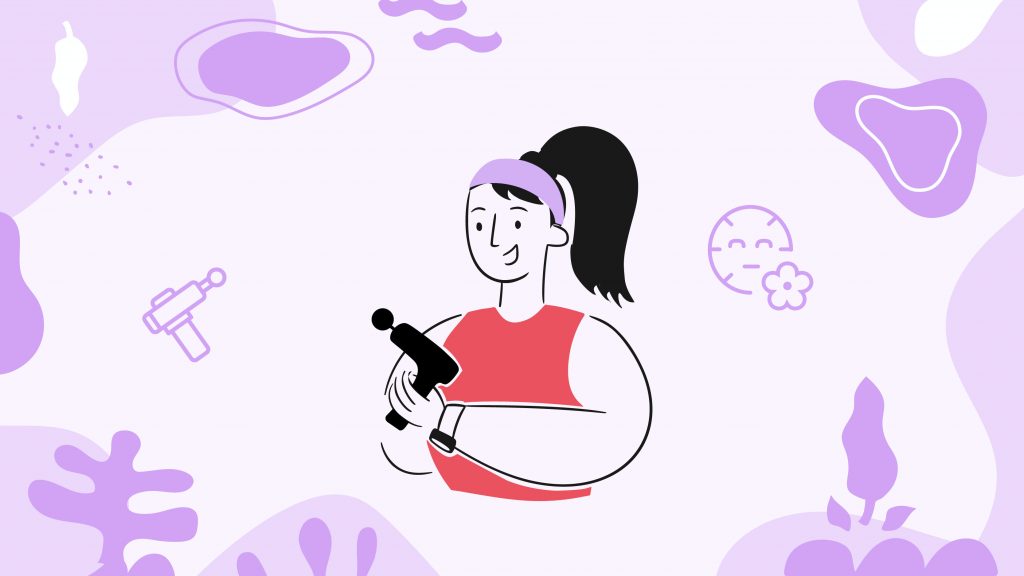The Affirmation Vortex
Many of us struggle with the simple word “no” This challenge can turn daily interactions and decisions into sources of stress and anxiety, leading to a cycle of overcommitment and dissatisfaction.
Whether it’s taking on extra work, attending events we’d rather skip, or lending a hand when we’re already stretched thin, the inability to say no can drain our time, energy, and happiness. In everyday life, this struggle manifests as packed schedules, missed personal time, and the creeping feeling of being out of control.
It’s a relatable issue, affecting those who fear disappointing others, crave approval, or simply lack the assertiveness to set boundaries. This constant acquiescence can lead to burnout, resentment, and a loss of self-identity, as personal needs and desires are consistently sidelined.
The Neurology of "No"
The difficulty in saying no is deeply rooted in our brain’s wiring and neurochemical responses. Social interactions and the desire for approval engage brain areas like the amygdala, which processes emotions, and the anterior cingulate cortex, which is involved in decision-making and emotional regulation. When faced with a request, these areas can prompt feelings of anxiety or guilt at the thought of saying no, driven by a fear of social rejection or conflict.
Neurochemically, our brains release dopamine, a ‘feel-good’ neurotransmitter, when we receive positive social feedback, such as approval or gratitude. This reward mechanism can make us inclined to say yes to maintain or enhance social bonds and to experience that dopamine-driven pleasure.
Additionally, the hormone oxytocin, which promotes bonding and social connectivity, can influence our propensity to agree in order to foster relationships and group cohesion. This biological and neurochemical setup can make it challenging to refuse requests, as our brains are conditioned to prioritize social harmony and approval.
Cultivating the Courage to Decline
To overcome the compulsion to always say yes, one must practice the art of assertiveness, which involves expressing one’s thoughts and feelings confidently and respectfully. Begin by recognizing your right to set boundaries and prioritize your own needs and desires. Reflecting on your values and commitments can help clarify when to say yes and when no is the most appropriate response.
Master the Art of Assertive Declines
- Incremental Practice: Begin by turning down small, non-critical requests that you would usually agree to out of habit or politeness. Gradually, this will build your confidence in asserting yourself in more significant matters.
- Clear Communication: Use straightforward, unambiguous language when declining. Phrases like “I’m unable to commit to this right now” or “Thank you for considering me, but I have to pass” are clear and respectful.
- Rehearse Your Response: Practice saying no in a safe environment, like with a friend or in front of a mirror. This preparation can make you more comfortable when you need to decline in real situations.
- Acknowledge Discomfort: Recognize that it’s normal to feel uncomfortable or guilty when you start to assert your boundaries. These feelings will decrease as you become more accustomed to assertiveness.
- Provide Alternatives: If possible, offer an alternative when saying no. For example, “I can’t help with this today, but I can next week,” or suggest someone else who might be able to assist.
- Stay Firm but Kind: Maintain a polite yet firm stance. If someone persists, repeat your refusal as many times as necessary without elaborating excessively.
- Reflect on Outcomes: After declining a request, take time to reflect on the experience. Consider what went well and what could be improved for next time.
- Seek Support: If you struggle with assertiveness, consider seeking guidance from a mentor, counselor, or self-help resources to develop these skills.
- Celebrate Successes: Acknowledge and reward yourself for the progress you make in being more assertive, recognizing that each step is a victory in setting healthy boundaries.
Subscribe to newsletter
Get your Gut Health Starter Guide right now.
Elevate your Tuesdays with practical, science-backed wisdom propelling you forward on your gut health journey.

A Journey to Empowerment
John’s life was once a carousel of acquiescence, spinning with the momentum of constant yeses. Work tasks piled up, and social calendars overflowed, each unchecked box and attended event a testament to his inability to refuse. The epiphany that he was the architect of his own overwhelm was the key that unlocked the door to change.
“My journey from being a ‘yes man’ to someone who could confidently say no was transformative. Initially, it felt counterintuitive, like I was going against my nature. At work, I started small, declining tasks that were outside my core responsibilities. Each ‘no’ was a step toward reclaiming my time and energy.
The real test came with social commitments. Turning down invitations I would have automatically accepted in the past was tough. But I learned to weigh each request against my priorities and interests, choosing engagements that genuinely resonated with me.
This shift didn’t just clear my schedule; it cleared my mind. I felt less stretched, less stressed, and surprisingly, more in tune with my true self. I discovered that in the space created by refusal, I could explore what I genuinely wanted to pursue, both professionally and personally.
Saying no became a powerful tool for setting boundaries and respecting my limits. It wasn’t about being negative or uncooperative but about making conscious choices for a healthier, more balanced life. The freedom and empowerment that came from this practice were liberating.
Through this process, I realized that assertiveness isn’t about selfishness; it’s about self-respect. Now, I not only have time for tasks that align with my goals, but I also engage more meaningfully in activities and relationships that matter to me.”
John’s narrative is a compelling illustration of the journey from overcommitment and exhaustion to empowerment and fulfillment. His experience underscores the importance of assertiveness in carving out a life that is not only manageable but also deeply satisfying and aligned with personal values and aspirations.


















